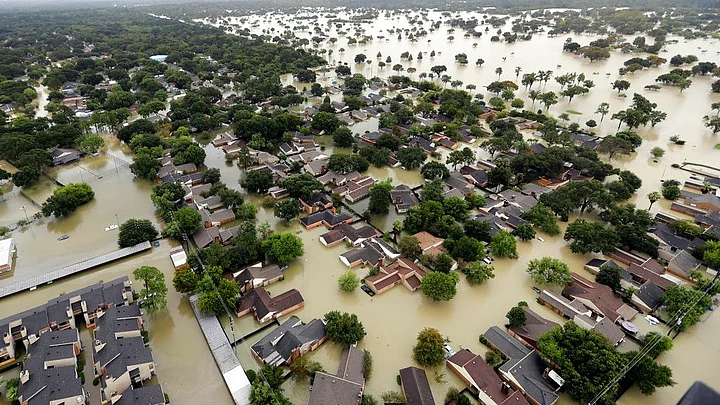Agreement on the fine print of the Paris climate accord drew closer Thursday, 13 December, three years after countries sealed the landmark deal on curbing global warming, but negotiators remained divided on some of the thorniest issues and appeared set for overtime.
The Polish diplomat chairing U.N. climate talks in the country’s southern city of Katowice issued a series of fresh drafts as the two-week meeting neared its scheduled end on Friday, 14 December.
Diplomats and ministers had huddled behind closed doors, some through the night, weighing every word of the texts covering issues such as how countries will count both their greenhouse gas emissions and their efforts to reduce them.
Along with the Paris accord rulebook, the other main issues at the talks are how much financial support poor countries will get to combat and adapt to climate change, and what kind of message to send about future work to curb climate change.
Last week, the United States, Russia, Saudi Arabia and Kuwait blocked the endorsement of a scientific report on a key element of the Paris climate agreement: capping global warming at 1.5 degrees Celsius (2.7 degrees Fahrenheit), if possible.
That angered other countries and environmentalists, who accused the four oil-exporting nations of stalling progress toward the accord's most ambitious emissions-cutting target.
Mohamed Adow, a climate expert at Christian Aid, said the discussions on financial support seemed to be moving in the right direction, though the overall outcome of the talks was uncertain.
Developing countries have been promised billions of dollars in aid, loans and other financial support to help them reduce their emissions and adapt to inevitable changes in the world’s climate.
But the latest drafts offer little comfort to those countries that also want rich industrial nations to pay for damage already caused by global warming, arguing that they're to blame for most of the carbon dioxide and other greenhouse gases humans have pumped into the atmosphere.
"Real action requires real money for real solutions," said Adow. "The European Union needs to separate itself from the laggards like Australia, Japan and the United States."
While U.S. President Donald Trump has announced he's pulling out of the Paris accord, American officials dangled the possibility that the U.S. might consider rejoining if it gets more favorable terms.
But China, a key broker of the 2015 Paris accord, dismissed the idea of revising core parts of the pact.
“China and the U.S. have worked together with all other countries to complete the negotiation and thus make the Paris Agreement a milestone achievement in global climate governance. We will not reopen negotiations on issues where we have already reached agreement.”Xie Zhenhua, Beijing’s chief negotiator.
Xie also pushed back on demands from rich nations for China — the world's largest polluter — to accept the accounting and reporting rules that developed countries must follow, but indicated it might decide to adopt uniform standards further down the line.
He noted that while China is the largest single emitter of polluting gases, its gross domestic product per capita remains below the world average.
The drafts presented late Thursday by Poland's deputy environment minister, Michal Kurtyka, were still likely to face opposition when talks resume in the morning.
One issue certain to draw fire concerned how to reconcile a vestige of the 1992 Kyoto Protocol with efforts to establish a functioning international market in carbon credits, with Brazil and India among those that have been fiercely resisting proposed changes.
Some observers predicted the talks would likely continue into Saturday, 15 December, in an effort to secure a deal this year and maintain confidence in the multi-step global process.
It was determined in Paris this was the deadline for agreeing on the implementation rules. If it slips because countries can’t agree or there’s major splits among countries, I think that undermines confidence that this process is going to move forward in the way that it needs to.Alden Meyer of the Union of Concerned Scientists
Others questioned whether the elaborate annual summit, now being staged for the 24th time with over 30,000 participants, is still the best way to fight climate change.
"There is a view among many of us that this is failing," said former Maldives President Mohamed Nasheed.
(This article is published in an arrangement with AP)
(At The Quint, we question everything. Play an active role in shaping our journalism by becoming a member today.)
